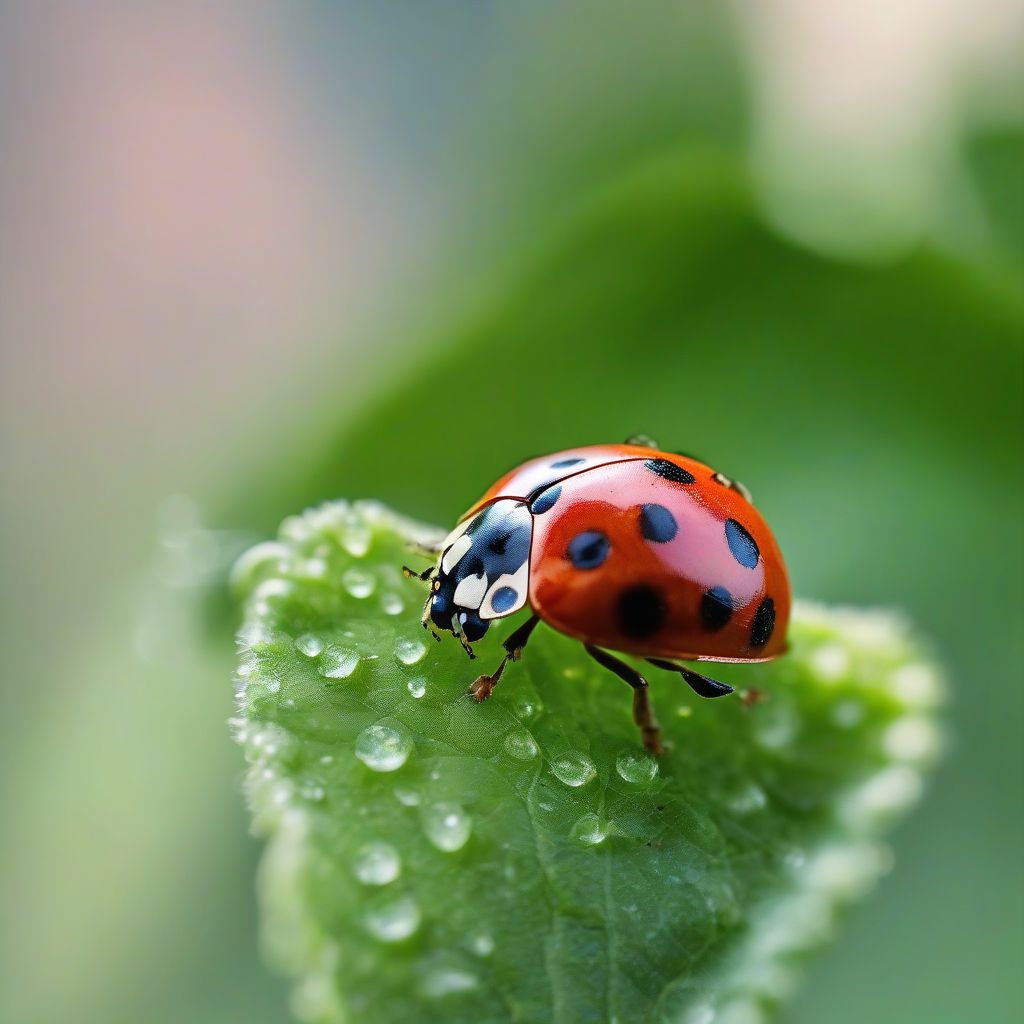Imagine stepping into your garden, greeted by the vibrant colors of your prize-winning tomatoes and the gentle buzzing of bees flitting from flower to flower. Now imagine this idyllic scene marred by holes gnawing through leaves, aphids clinging to stems, and the telltale signs of unwelcome pests wreaking havoc on your hard work.
Dealing with garden pests is a common challenge, but before you reach for the chemical pesticides, consider a more natural, eco-friendly approach: harnessing the power of natural predators.
What are Natural Predators?
Natural predators are insects, animals, and microorganisms that exist naturally in your garden and prey on common garden pests. Introducing or attracting these beneficial creatures can help control pest populations, minimizing damage to your beloved plants.
Think of it as inviting a team of tiny guardians to protect your garden 24/7. These natural pest control agents can be just as, if not more, effective than chemical solutions, all while promoting biodiversity and a healthy ecosystem.
 Ladybug on a leaf
Ladybug on a leaf
Identifying Common Garden Pests and Their Predators
The first step to effective pest management is identifying the culprits wreaking havoc. Common garden pests include:
- Aphids: These small, pear-shaped insects suck sap from plants, causing stunted growth and distorted leaves.
- Caterpillars: These voracious eaters devour leaves, often leaving behind holes and droppings.
- Slugs and snails: These slimy creatures leave behind chewed leaves and silvery trails, particularly active at night and after rain.
- Whiteflies: These tiny, winged insects congregate on the undersides of leaves, causing yellowing, wilting, and stunted growth.
Once you’ve identified your foes, you can invite their natural enemies into the fray:
- Ladybugs: These charming beetles are aphid-eating machines, consuming up to 50 per day.
- Lacewings: Both the adults and larvae of these delicate insects feed on aphids, whiteflies, and other soft-bodied pests.
- Praying mantises: These ambush predators will tackle larger pests like caterpillars, beetles, and grasshoppers.
- Birds: Many bird species, such as bluebirds, wrens, and chickadees, are natural insect predators.
- Toads and Frogs: These amphibians are excellent at controlling slugs, snails, and other ground-dwelling pests.
Attracting and Retaining Natural Predators
Inviting beneficial insects and animals into your garden is one thing; keeping them around is another. Here are some tips to make your garden a haven for natural predators:
Provide Food and Shelter:
- Plant a diverse range of plants: A variety of flowering plants, especially those in the daisy and carrot families, will attract beneficial insects with nectar and pollen.
- Offer water sources: A shallow dish filled with water and pebbles provides a place for beneficial insects and birds to drink and bathe.
- Create habitats: Leave areas of your garden undisturbed, such as piles of leaves or rocks, to provide shelter for beneficial insects and amphibians.
Avoid Chemical Pesticides:
Chemical pesticides can harm both beneficial insects and the pests you’re trying to control. Opt for natural pest control methods like neem oil, insecticidal soap, or diatomaceous earth.
Practice Crop Rotation:
Rotating your crops each year disrupts pest life cycles and reduces their populations, making it easier for natural predators to keep them in check.
The Benefits of Using Natural Predators
Choosing natural pest management methods offers a range of benefits for your garden, your health, and the environment:
- Reduces chemical exposure: Natural predators eliminate the need for harmful chemical pesticides, protecting your family, pets, and the environment.
- Promotes biodiversity: Attracting a diverse range of beneficial insects and animals creates a healthier and more balanced ecosystem.
- Sustainable and long-term solution: Natural predators provide ongoing pest control, reducing the need for constant intervention.
- Cost-effective: Once established, natural predators provide free pest control, saving you money on pesticides.
Conclusion
Incorporating natural predators into your pest management strategy is a sustainable, effective, and eco-friendly way to protect your garden. By understanding the delicate balance of nature and providing a welcoming habitat for beneficial creatures, you can create a thriving garden that’s both beautiful and bountiful. Remember, a healthy garden is a team effort, and your natural allies are ready to help!
Ready to create a haven for beneficial insects in your garden? Start by identifying the plants that attract your local predators and provide them with the food, water, and shelter they need to thrive.
[amazon bestseller=”natural-pest-control”]
